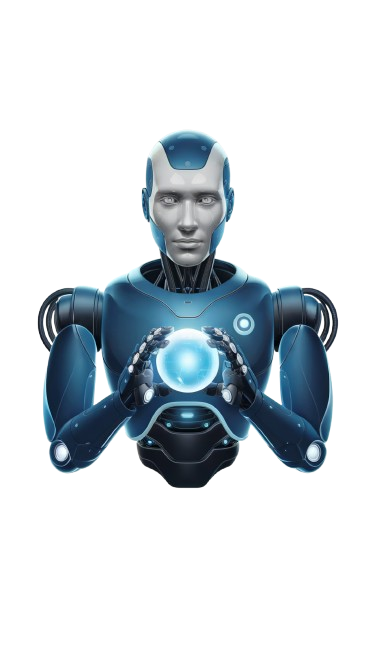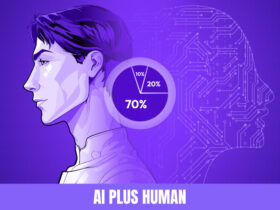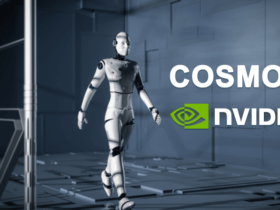
In the rapidly evolving world of AI, OpenAI recently faced a significant challenge: the removal of a voice named “Sky” from ChatGPT due to its striking resemblance to Scarlett Johansson’s voice in the movie “Her.” Despite being recorded by a voice actor, “Sky” sounded remarkably similar to Johansson, raising questions about personal rights and the ethical use of AI-generated voices.
The Rise of AI Voices
AI voice technology has made substantial strides, allowing for the creation of highly realistic and versatile voices. These voices are used in various applications, from virtual assistants and customer service to entertainment and education. However, as AI voices become more lifelike, the line between human and synthetic voices blurs, leading to complex legal and ethical issues.
The Issue of Personal Rights
The case of “Sky” highlights the potential infringement on personal rights when AI-generated voices closely mimic real individuals. Scarlett Johansson’s voice, as portrayed in “Her,” is distinctive and recognizable. The use of a similar-sounding AI voice can be seen as a form of impersonation, which may violate the original voice owner’s rights to privacy and control over their voice.
Voice Actors and Similar Sounding Voices
Contrastingly, voice actors have long used their ability to mimic or emulate the voices of famous personalities. This practice is generally accepted in the entertainment industry, provided that the imitation is not intended to deceive or exploit the original voice owner. Voice actors bring their unique talent to create voices that evoke certain emotions or characters, often adding their personal flair to the imitation.
Ethical and Legal Considerations
The use of AI to replicate voices adds a layer of complexity to this dynamic. AI-generated voices can be fine-tuned to sound nearly identical to a target voice, raising concerns about consent, attribution, and compensation. There are several key considerations:
-
Consent: Did the original voice owner consent to their voice being replicated?
-
Attribution: Is the AI-generated voice being attributed correctly, or is it misleading users about the origin?
-
Compensation: Is the original voice owner being compensated for the use of a voice that closely resembles theirs?
Balancing Innovation and Rights
While AI voice technology offers incredible opportunities, it also requires a careful balance between innovation and respect for personal rights. Companies like OpenAI must navigate these waters thoughtfully, ensuring that their use of AI voices does not infringe on individual rights or mislead consumers.
The removal of “Sky” from ChatGPT is a step towards addressing these concerns, but it also underscores the need for clear guidelines and regulations in the AI industry. As AI continues to evolve, ongoing dialogue between technology developers, legal experts, and the public will be essential to create a framework that supports innovation while protecting personal rights.
The controversy surrounding the “Sky” voice in ChatGPT serves as a reminder of the complex intersection between AI technology and personal rights. As AI voices become more advanced, it is crucial to address the ethical and legal implications to ensure that these technologies are used responsibly and fairly. The case of “Sky” highlights the importance of consent, attribution, and compensation in the use of AI-generated voices, setting a precedent for the future development and deployment of AI in voice applications.












